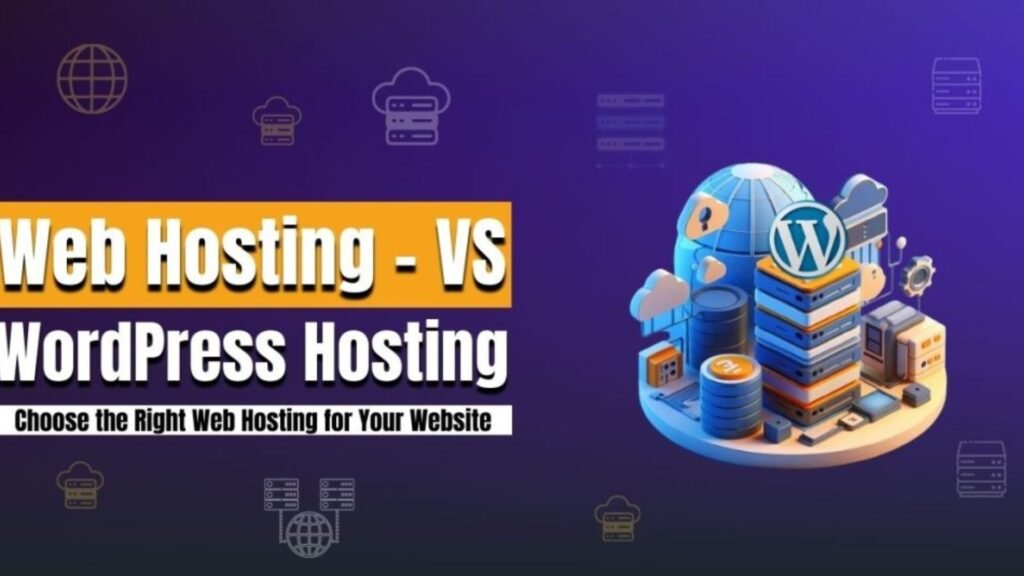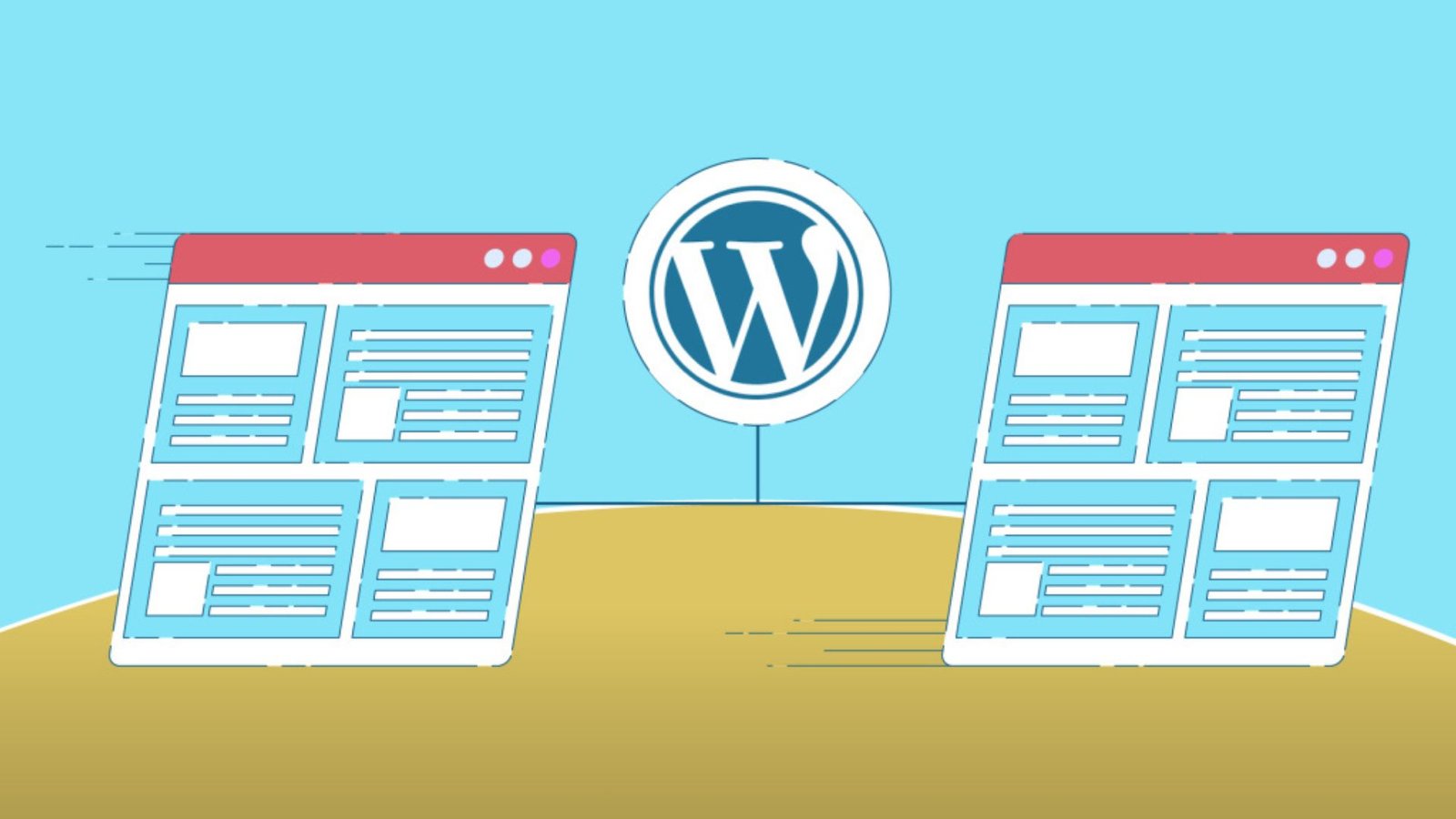Choosing Hosting for WordPress Sites
- By -Daisy
- Posted on
- Posted in Web Hosting
Selecting the right hosting provider for your WordPress site is crucial for your website’s performance, security, and scalability. With a wide variety of hosting options available, making the best choice can be overwhelming. However, understanding the different types of WordPress hosting and key features can help you make an informed decision that aligns with your needs. In this article, we’ll guide you through the process of choosing the best hosting for your WordPress site, from evaluating server performance to considering support and security.

Why WordPress Hosting Matters
WordPress powers over 40% of websites globally, making it one of the most popular content management systems (CMS) in use today. The right hosting service is essential for optimizing the speed, uptime, and security of your site. Poor hosting choices can lead to slow load times, downtime, security vulnerabilities, and poor user experience, which can affect both your visitors and your search engine rankings.
Types of Hosting for WordPress
There are several types of hosting available, each with different features, performance levels, and pricing structures. Here’s a breakdown of the most popular options for hosting a WordPress website:
1. Shared Hosting
Shared hosting is the most affordable and beginner-friendly option. In shared hosting, multiple websites share the same server resources, including CPU, RAM, and bandwidth.
- Advantages: Cost-effective, easy to set up, ideal for small or personal blogs.
- Disadvantages: Limited resources, can experience slow performance if other websites on the server have high traffic.
Best For: Personal blogs, small websites, or startups with low traffic.
2. Managed WordPress Hosting
Managed WordPress hosting is a specialized service designed specifically for WordPress sites. This type of hosting takes care of all the technical aspects of WordPress, such as automatic updates, backups, and security monitoring, so you can focus on creating content.
- Advantages: Expert support for WordPress, automatic updates and backups, enhanced security features, optimized performance.
- Disadvantages: More expensive than shared hosting.
Best For: Users who want a hassle-free hosting experience, websites that need high performance, and businesses that require advanced features.
3. VPS Hosting
Virtual Private Server (VPS) hosting provides more control and resources than shared hosting. While you still share the physical server with other websites, you have your own dedicated portion of the server’s resources.
- Advantages: More powerful than shared hosting, more control over server settings, better performance.
- Disadvantages: More expensive than shared hosting, requires more technical knowledge to manage.
Best For: Growing businesses or websites with moderate traffic that need more control over server settings.
4. Dedicated Hosting
Dedicated hosting gives you an entire server to yourself. This option is best suited for websites with high traffic or those that require a lot of resources.
- Advantages: Full control over the server, the fastest performance, the highest security.
- Disadvantages: Expensive, requires technical expertise to manage.
Best For: Large-scale websites, e-commerce sites, or high-traffic websites that need maximum performance and control.
5. Cloud Hosting
Cloud hosting utilizes a network of servers to host your website, allowing for greater scalability and flexibility. Resources are allocated dynamically, so you can easily scale up or down based on traffic.
- Advantages: Scalable, reliable, only pay for what you use.
- Disadvantages: More expensive than shared hosting, can be complex to manage.
Best For: Websites with fluctuating traffic or those that require a high level of flexibility and scalability.
Conclusion
Choosing the right hosting for your WordPress site is vital for ensuring its speed, security, and performance. Whether you opt for shared hosting, VPS, managed hosting, or cloud hosting, it’s important to consider factors such as performance, support, security, and scalability. By carefully evaluating these factors, you can find a hosting provider that meets your needs and helps your WordPress site thrive. Don’t forget to choose a host with reliable uptime, excellent customer support, and features that will allow you to grow your website over time.



